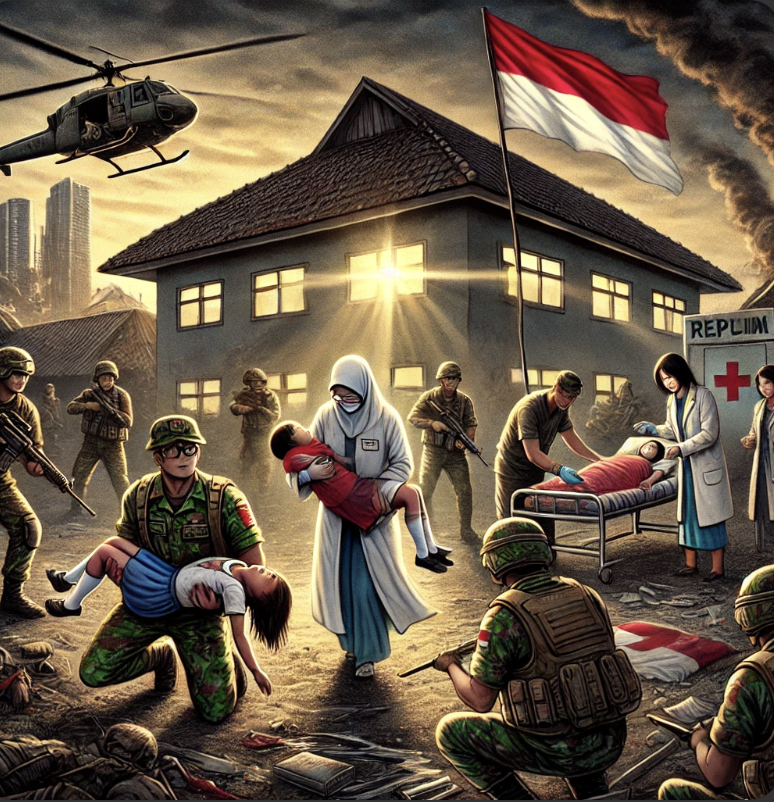In any armed conflict, teachers and healthcare workers play a crucial role in maintaining education and providing medical care to civilians. They are not part of the warring factions but are essential humanitarian actors who must be protected under human rights (HR) and international law.
Protection of Teachers and Healthcare Workers Under International Law
Under the Geneva Conventions of 1949 and their additional protocols, healthcare workers and educators are classified as civilians who must not be targeted in conflict. The key protections include:
1. Prohibition of Attacks
• Teachers and healthcare workers must not be attacked by any armed group.
• Schools, hospitals, and other educational or medical facilities must not be used for military purposes or become targets of war.
2. Right to Safety and Freedom
• They have the right to protection from violence, intimidation, and threats while performing their duties.
• Forcing them to take sides in a conflict violates human rights.
3. Unrestricted Access
• Healthcare workers must be allowed to provide medical assistance to anyone in need without discrimination.
• Teachers should be free to educate children without fear of violence or political and military interference.
Consequences of Violence Against Teachers and Healthcare Workers
When armed groups attack or kill teachers and healthcare workers, these actions can be classified as war crimes punishable by the International Criminal Court (ICC). Additionally, such violence has serious social consequences, including:
• Deterioration of Education and Healthcare Services
• Children lose access to education when teachers are forced to flee conflict zones.
• Healthcare services collapse due to a lack of medical personnel.
• Prolonged Trauma and Fear
• Communities feel unsafe and lose trust in both the government and armed groups.
• Children who witness attacks on their teachers may suffer long-term psychological trauma.
Responsibilities of Governments and Armed Groups
Governments have a duty to ensure the protection of teachers and healthcare workers by:
• Providing security in conflict zones to safeguard schools and hospitals.
• Taking legal action against those who commit violence against educators and medical personnel.
• Encouraging dialogue and peaceful solutions to maintain a safe working environment for teachers and healthcare workers.
Similarly, armed groups are obligated to follow international law and refrain from attacking civilians, especially those working in humanitarian fields.
Conclusion
Teachers and healthcare workers play a vital role in society and must be guaranteed safety during conflicts. Attacks against them are violations of human rights and can be considered war crimes. All parties involved in conflicts must respect and protect them to ensure the fundamental rights to education and healthcare remain upheld, even in times of war.










